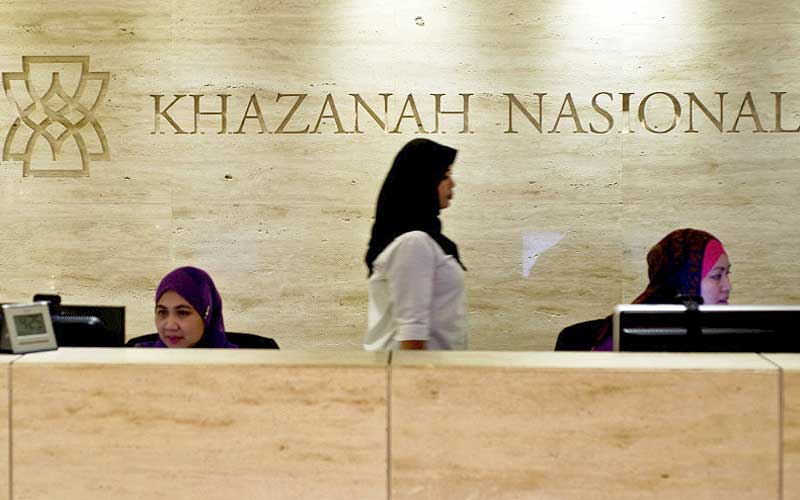
PETALING JAYA: An economist has proposed a performance review of sovereign wealth fund Khazanah Nasional, following the decline in its net asset value (NAV) since 2018.
Liew Chee Yoong of the Center for Market Education said this was necessary given Khazanah’s capital for investment was ultimately derived from taxpayer money.
Khazanah’s financial performance, in turn, would be crucial to the government’s revenue, he said.
“As a sovereign wealth fund, Khazanah can generate relatively high profits and pay relatively high dividends and taxes to the government,” Liew, who is a UCSI University lecturer, told FMT.
He was commenting on Khazanah’s annual report for 2022. It declared a RM500 million dividend despite turning in a higher profit of RM1.6 billion from RM670 million in 2021.

Its NAV, however, reported a decline of 5% to RM81 billion from RM86 billion in 2021 because of the global market downtrend.
In 2017, Khazanah’s NAV stood at RM116 billion, the highest since breaching the RM100 billion mark in 2013.
After the change of government in 2018, Khazanah’s NAV dropped to RM91 billion and has never surpassed that mark again.
Liew attributed a portion of the drop in Khazanah’s NAV to asset sales after 2018. Khazanah’s NAV also fluctuates according to the market rate.
In October 2019, then prime minister Dr Mahathir Mohamad said Khazanah had disposed of assets worth RM18.8 billion between May 2018 and June 2019, with the money being used to pay debts and dividends, and for reinvestments.
“This (drop in NAV) can occur if they ‘sold some of those assets’ at a lower market value than the market value at the time of sale,” he said.

Barjoyai Bardai of Universiti Tun Razak believed the previous government’s sale of Khazanah’s assets was not “strategic”.
“Assets were sold because the government was short on funds and this is not right. This is the problem with political decisions,” he said.
Barjoyai said the government needed to overhaul Khazanah and emulate the Government Pension Fund of Norway, commonly known as the “Oil Fund”, with the goal of it meeting long-term objectives.
“We should move away from treating government institutions like Khazanah as sources of funds for the government on a yearly basis,” he said.
He said that in Norway, the government did not touch the Oil Fund for more than 10 years before tapping into it for spending. Currently, on average, it spends only the equivalent of the real return on the fund, estimated at around 3%.
“It now contributes to 30% of the Norwegian government’s funds,” he said. - FMT



No comments:
Post a Comment
Note: Only a member of this blog may post a comment.